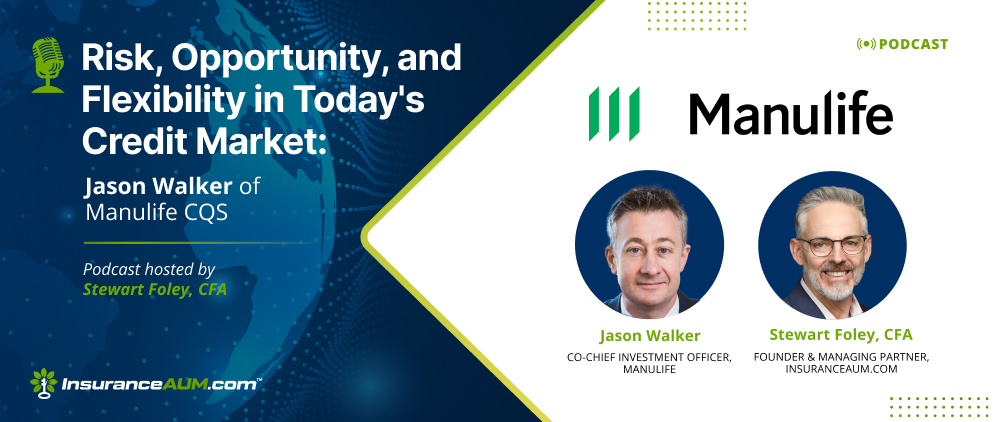Manulife Investment Management
Manulife Investment Management is the global wealth and asset management segment of Manulife Financial Corporation. We draw on more than a century of financial stewardship and the full resources of our parent company to serve individuals, institutions, and retirement plan members worldwide. Headquartered in Toronto and Boston, our leading capabilities in public and private markets are strengthened by an investment footprint that spans 19 countries and territories. Our private markets strategies include private equity and credit, real estate, infrastructure, timber, and agriculture. Responsible stewardship is integral to our business and culture, and we seek to be a global leader in creating long-term, sustainable, value for our stakeholders.
Amy Theuninck
Managing Director, Insurance Solutions
atheuninck@manulife.com
857-328-6425
197 Clarendon St, Boston, MA 02116
United States






